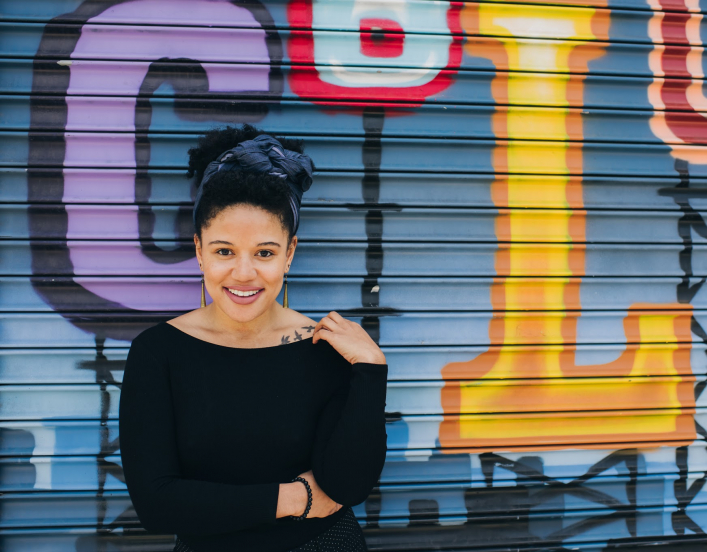AAUW proudly celebrates the achievements of women throughout history. From the first female Nobel Lauriat to today’s leaders in climate change, AAUW alumnae have been breaking barriers and affecting change in all fields.
AAUW Alumnae Make Women’s History
Breaking Barriers and Driving Change
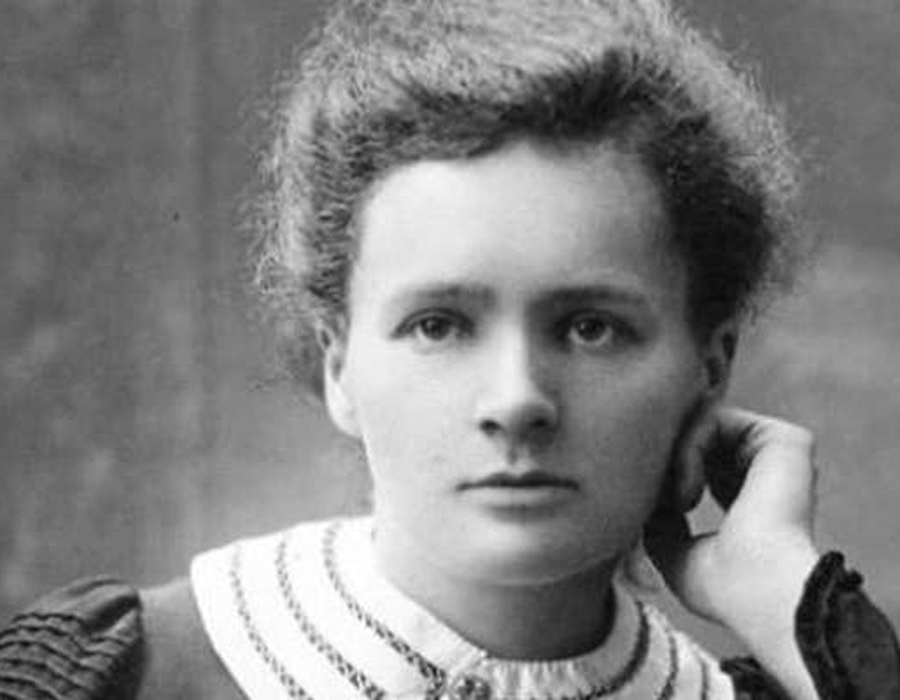
Marie Curie – 1921
In 1903, Marie Curie became the first woman to win a Nobel Prize in Physics for her research of radiation phenomena. She was also the first woman in France to attain a PhD in Physics, and the first woman to teach at the Sorbonne.
During the First World War, Marie Curie stopped furthering her research to dedicate all her time to the war effort. Afterwards, she only had enough radium to continue the same work, but not enough to further her research. In 1920 AAUW joined a national campaign to raise funds to help Marie Curie purchase more radium, raising $154,413.54.
Dr. Curie’s research on radium and polonium lead to significant advances in the use of radiation in medicine and cancer treatments.
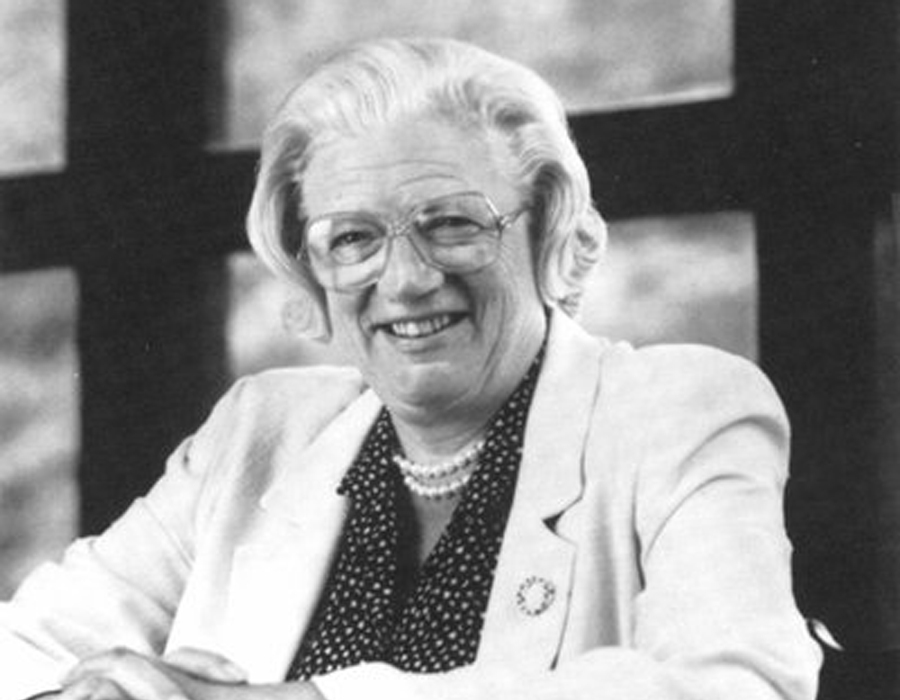
Dr. Hanna Holburn Gray – 1954-55 American Fellow
Dr. Hanna Holburn Gray was the first woman president of a major U.S. university; Yale University (1977-78) and The University of Chicago (1978-93).
She is recognized not only for the many ‘firsts’ that she held in her career, but also for her work in improving resources for student life and initiating workshops and internships to broaden the activities and skills of students writing dissertations.
Dr. Holburn holds honorary degrees from over sixty colleges and universities and is the recipient of the Medal of Liberty, given by President Reagan and Presidential Medal of Freedom, the nation’s highest civilian award, awarded by President Bush.
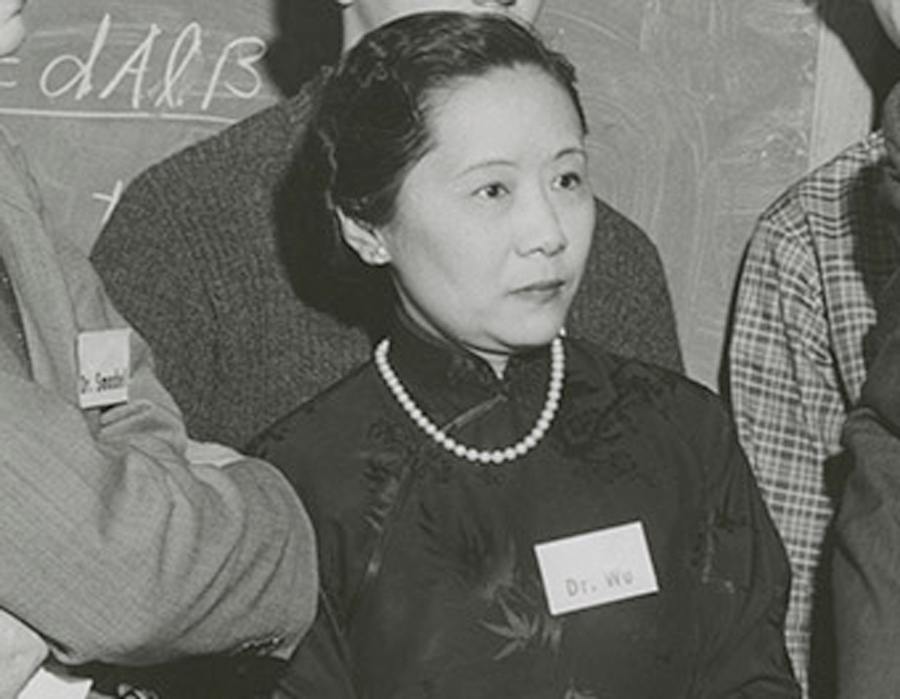
Dr. Chien-Shiung Wu – 1959 AAUW Achievement Award
Dr. Chien-Shiung Wu is widely considered one of the most influential scientists in history, but her achievements were not widely acknowledged due to her gender and race. Dr. Wu immigrated to the United States from China to attend the University of California, Berkeley where she earned a doctorate degree in physics in 1940.
Dr. Wu was the first woman hired as a faculty in the Physics Department at Princeton University and later worked on the Manhattan Project at Columbia University during World War ll.
In 1956, Wu devised an experiment that would disprove a widely accepted law of physics at the time called the Parity Law. Dr. Wu’s work was termed the most important development in the field of atomic and nuclear physics to date. The experiment, known as the Wu Experiment, is named for her. In 1957, her co-workers Lee and Yang were awarded a Nobel Prize in Physics for their work on the experiment. Like the contributions of many women in science at the time, Dr. Wu’s work was not acknowledged.
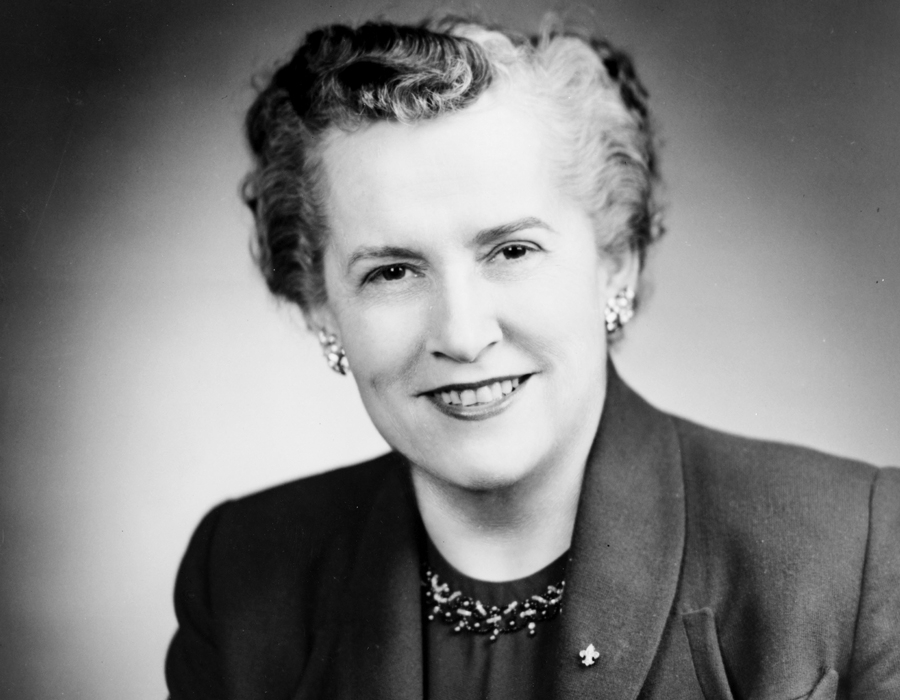
Edith Green – 1974 AAUW Achievement Award
Few women in Congress have left such a substantial legacy as Edith Green, Dem. Representative for the state of Oregon (1955-74). Green’s legislative record in Congress demonstrated a genuine commitment to advancing the rights of women.
Two of her perennial concerns as a Representative, pay equity and gender equality in postsecondary education, resulted in the passage of landmark legislation that vastly improved the opportunities for American women. Signed into law in 1963, the Equal Pay Act mandated that women and men receive equal pay for equal work.
One of Green’s most enduring legislative triumphs was Title IX, a part of the Education Amendments of 1972 that prohibited federally funded colleges and universities from discriminating against women.
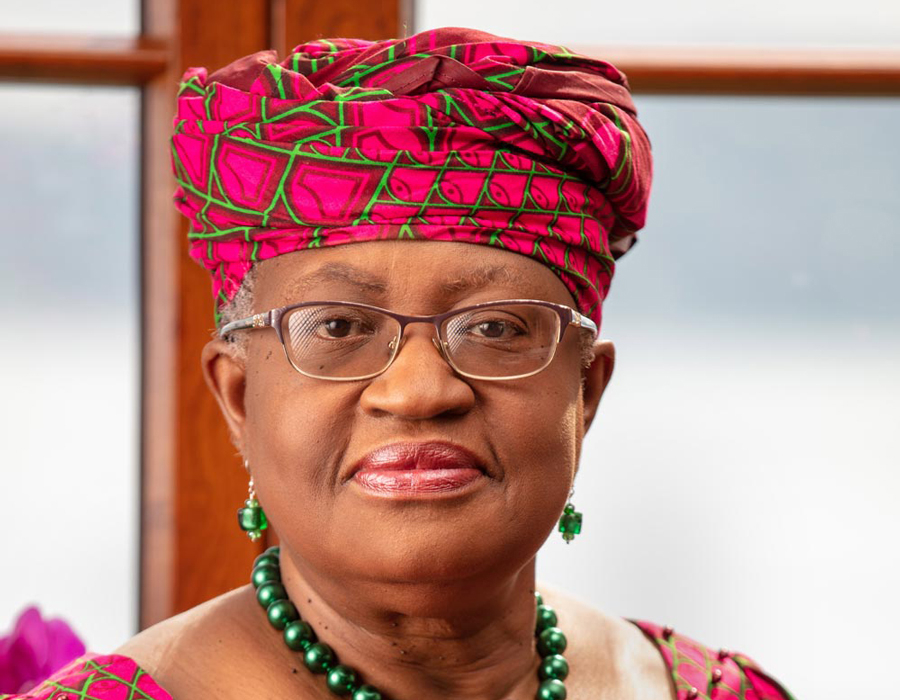
Dr. Ngozi Okonjo-Iweala – 1977-78 International Fellow
Dr. Ngozi Okonjo-Iweala is the first woman to be appointed as the Director-General of the World Trade Organization. She is a global finance expert, an economist and international development professional with over 40 years of experience working with countless government agencies, international organizations, corporate boards and non-profits to make a difference in global environmental sustainability and human welfare.
Previously, Dr Okonjo-Iweala twice served as Nigeria’s Finance Minister and briefly acted as Foreign Minister in 2006, the first woman to hold both positions. She also served as the Managing Director of the World Bank.
Among her many awards, Dr Okonjo-Iweala has been listed in the Top 100 Most Powerful Women in the World (Forbes) and as one of the Top 100 Most Influential People in the World (TIME).
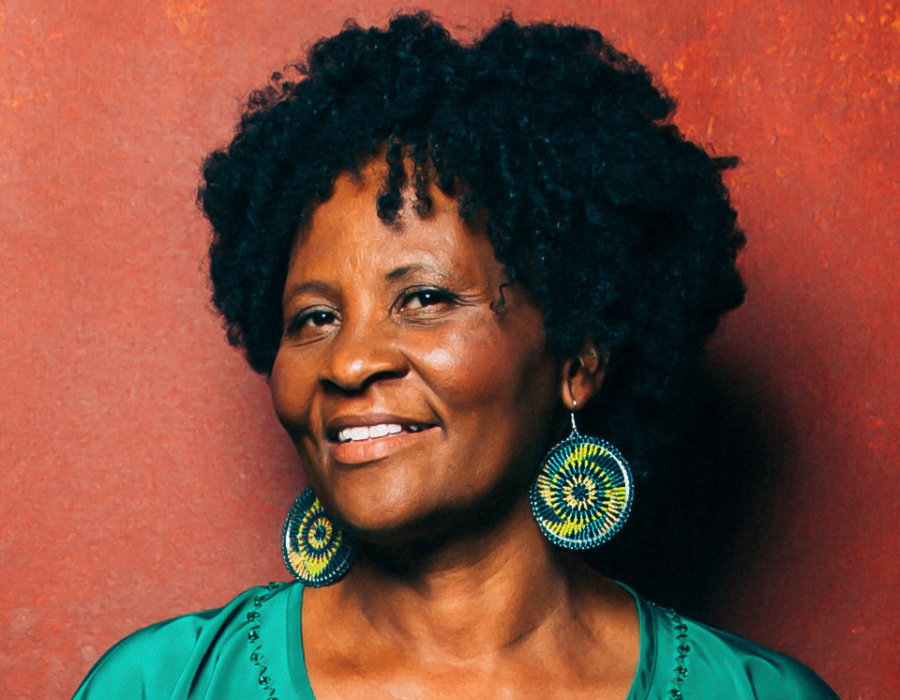
Dr. Tererai Trent – 2001-02 International Fellow
Dr. Tererai Trent is one of today’s most internationally recognized voices for quality education and women’s empowerment. Dr. Trent is a scholar, humanitarian, motivational speaker, educator, author and founder of Tererai Trent International, whose mission is to provide quality education in rural Africa.
Growing up in rural Zimbabwe surrounded by traditional gender roles, Dr. Trent did not have the opportunity to go to school. Through hard work and determination, she eventually traveled to the U.S. with her family where she received her PhD from Western Michigan University. Her story is one that motivates people to fight for their own dreams, as well as the dreams of others, as she demonstrates in her book, “The Awakened Woman – Remembering & Reigniting Our Sacred Dreams.”

Ayana Elizabeth Johnson – 2010-2011 American Fellow
Dr. Ayana Elizabeth Johnson is a marine biologist, policy expert, and writer. She is co-founder of Urban Ocean Lab, a think tank for the future of coastal cities. She co-edited the bestselling climate anthology All We Can Save, co-founded The All We Can Save Project, and co-created the Spotify/Gimlet climate solutions podcast How to Save a Planet.
Dr. Johnson serves on the boards and committees of a number of climate conservation organizations.
As executive director of the Waitt Institute, she co-founded the Blue Halo Initiative and led the Caribbean’s first successful island-wide ocean zoning effort. She also developed U.S. federal ocean policy at the Environmental Protection Agency and the National Oceanic and Atmospheric Administration.

Black Women & the Pay Gap
Imagine being paid over 40% less than white men for doing the same work. If you’re a Black woman in the United States, that’s a likely reality.
Related
Celebrating 140 Years of AAUW

Funding Women’s History
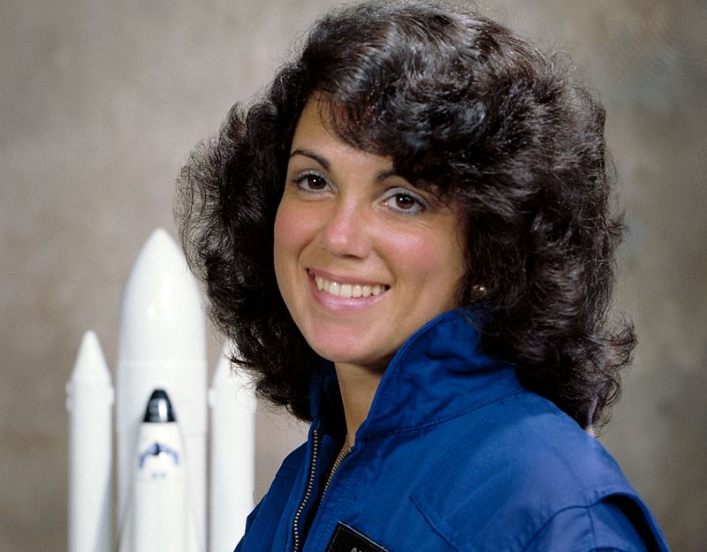
Ways to Give to AAUW
